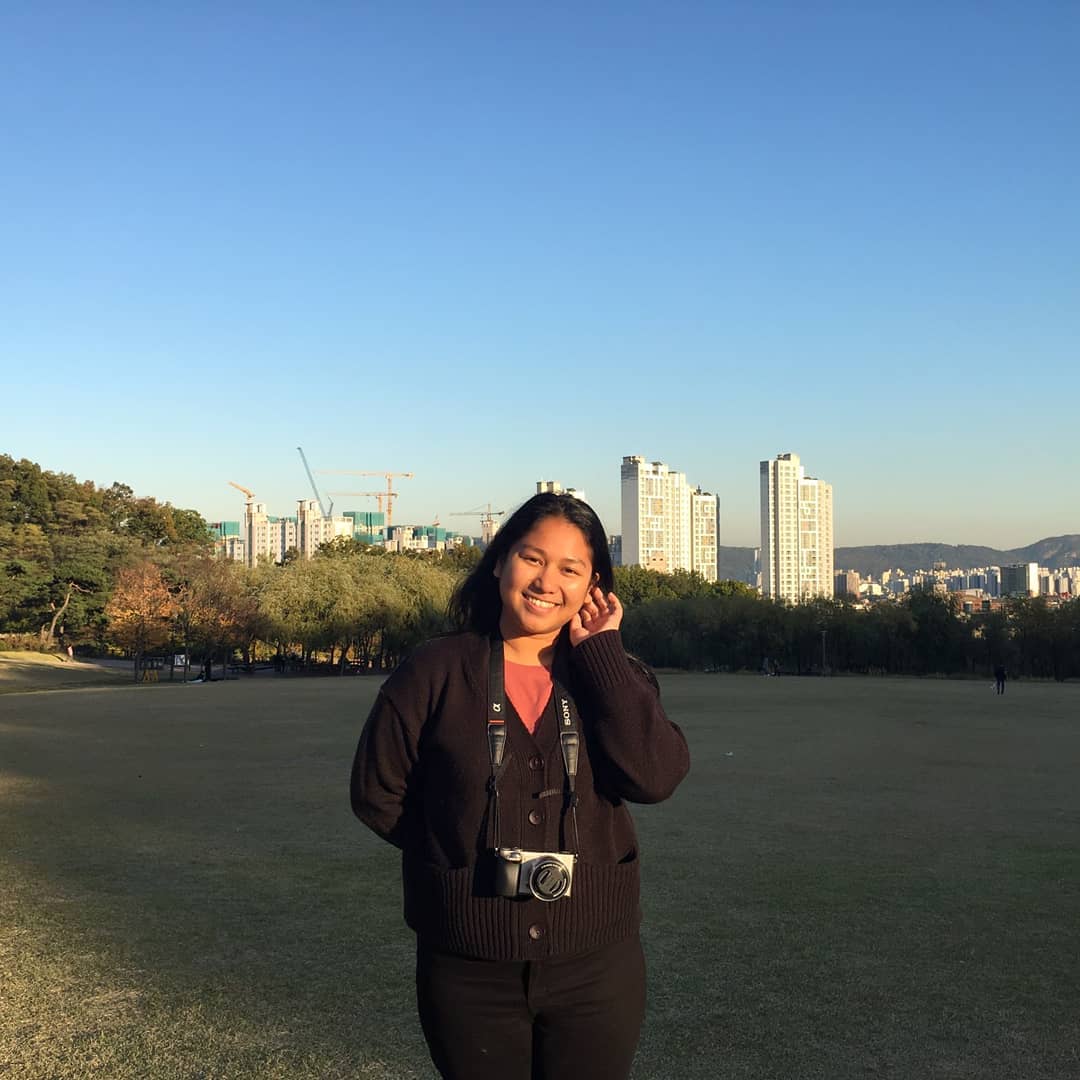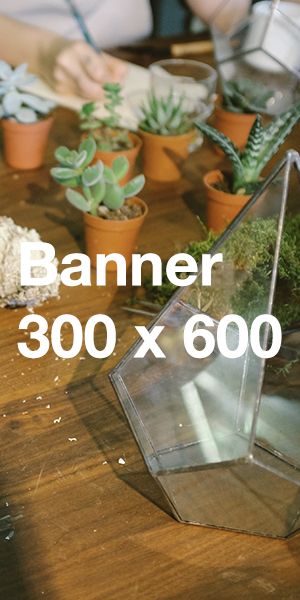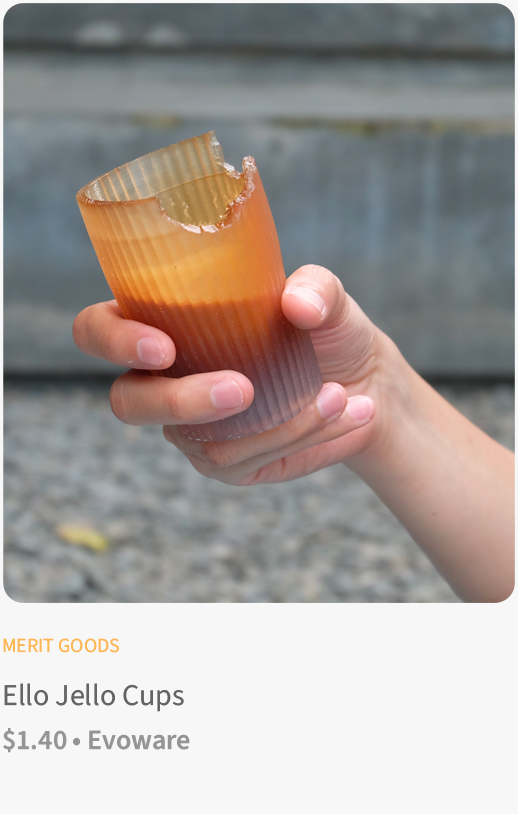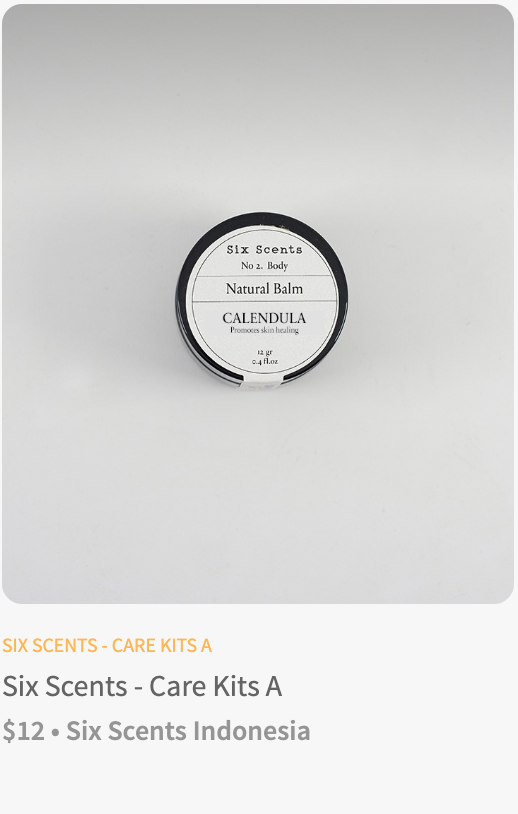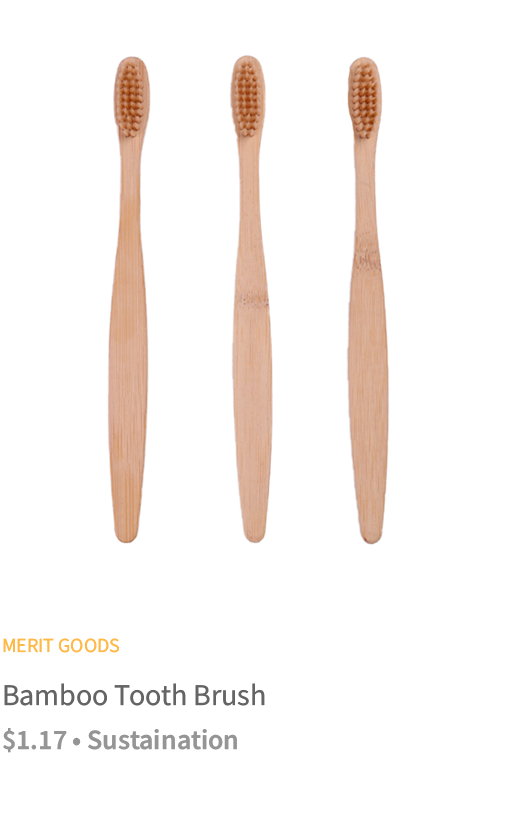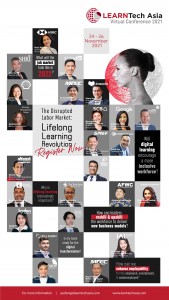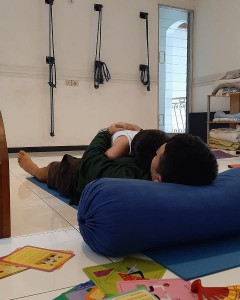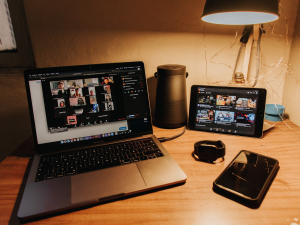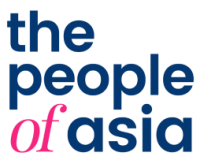One does not have to be a philanthropist or discover an island or develop innovative technology to have a life story worth sharing. A story that should not be kept for oneself. A story that can also inspire and teach others to lead a better life.
Today, we are joining a conversation with 23-year-old Theresa Septiani, who is going to share her story on her experiences in search of some answers about life.
Q: Hello, Tessa! Before we begin, would you tell us a bit about yourself?
A: My name is Theresa Septiani, you can call me Tessa. Right now I am a last year student at a public university in Indonesia, majoring in journalism. My zodiac is Virgo and it’s quite tiring to be a Virgo… hehehe.
Q: How so?
A: A Virgo is always a perfectionist and it’s easy to hate a Virgo for… you know, just for being a Virgo. Just look up the internet and you’ll see, hahaha! I don’t believe in the zodiac, but when I look up about Virgo, it makes sense that the characteristics are so me!
Most likely a Virgo is a perfectionist and they try to control everything, so they have a lot of plans in life. And when the plans don’t go as they wish, they get stressed out. This fact aligns with the personality that I have as I am a commander. So, a commander Virgo is trying so hard to make no mistakes and trying to find certainty, yet certainty itself is… well, delusional.
Q: You just turned 23 this year, right? So how has being 23 been?
A: It’s interesting because I have to adapt a lot. Since last year when I was 22, I needed to adapt to a new country, then I came back this year and I have to adapt to this country again. I also have to finish my school without my friends because almost everyone in my batch has graduated. I also still have mandatory classes to take which I have to take all by myself.
Q: So, you’re taking a journalism major. Tell us about your experiences in this major.
A: Well, I feel somewhat discouraged about my major due to a lot of factors. For example, when I was a journalist intern, it’s hard to look presentable at all times since I’m using online ojek* everywhere, even when I have to show up at formal occasions, such as going to the government office. I’m just so sweaty from all the journey from my house in the suburbs to downtown Jakarta, where most of my coverages are.
I’m still in a big dilemma about whether or not I want to pursue a career in journalism, though. For the first two years that I was studying journalism, I found that this job is really hard, but people don’t usually appreciate this job. Even when they do, it’s not enough. I mean, when you tell your parents that you want to be a journalist, they’ll be like, “Oh come on, you can do better!”
I talked to a senior journalist back in 2016 and expressed my concerns about this. The salary of journalists here is so low when you know a lot of your friends can get paid for more millions. I think that’s one of the reasons many journalists change their career path. For example, many senior journalists who have enough portfolio and work experience turn to other fields such as public relations to get more income.
Q: You dislike the industry, yet you are still considering journalism as a career path. Why?
A: I think that when you are doing something you hate so much, you’ll gain a lot of growth. See, I have so many fear regarding journalism. I fear what people will think about me when I’m doing this job. I fear that maybe this is the wrong choice. But when you have a lot of fear and choose to face that fear by doing the job you really hate, those fears will just disappear. Because I’d have won. I’d have won over my fears.
I just need to find the balance between still doing what I want to do--which I want to do something that I hate, that even my parents probably hate too--with my responsibility to my parents.
But it’s kind of hard to do because most parents in Indonesia see life as a linear. After you finish school, you get a job or pursue a master’s degree, then you build your career, find the love of your life, get married, have children, raise your children, have grandchildren, then you die. I think that’s a common pattern to many Indonesians, especially those around me. They’re caged in that linear pattern of life, even if it limits your dream.
It’s just funny when people say “dream big”, they actually say “be better than this current situation.” So, when I say “dream big” about my current job, that means I need to move to another company with a bigger salary. That’s what many people think about progress.
But I think life is more than that. Life is not linear. Even regress is progress.
For example, my university is one of the top university in the country, so people expect graduates to land good jobs after graduation. Since my campus is located in the suburbs of the capital city, it’s only natural that the graduates find jobs in Jakarta even if they come from a different city. So, when they decide to go back to their hometowns, people will wonder, “Why would you go back to your small hometown with smaller salary, when you can get a job in a big city?” Instead, I think it’s progress.
A lot of people think that progress is about more. But for me, less is a privilege now. Less work, less stress, less spending… Because a lot of people now even feel guilty when they are resting and not doing anything, they feel like they’re wasting time. When the truth is, resting is part of your rights. I think that’s what makes people so stressed out right now.

Q: So, you were in an exchange programme to South Korea last year and stayed there for the whole year. Could you tell us more about your experiences there?
A: I’ll start with the confusions I had before I went to South Korea. One of the things that made me demotivated at the time was I started to feel not sure about the field that I want to pursue, journalism. It’s supposed to be a very interesting field, but the lecturers and the people there made it not interesting. Well, it’s not the students, but the general experience.
For example, the reference was very Americanized and they [American journalism literature] actually make it interesting. So, it’s not supposed to be stiff. But people here [in Indonesia] tend to make things stiff, that we have to stay on the track. We can’t really explore much.
Since my batch was still following the old curriculum, we were taught the outdated materials. While one batch below mine began to learn the new curriculum which classes were more interesting than the old curriculum.
It’s so different from when I studied in South Korea for an exchange programme last year. The lecturers actually encourage students to give their opinions. Sometimes our opinion become a topic of discussion!
I also got bored easily and the linear pattern of life started to bore me. Seeing people doing school just because they’re already in school… At that time, I felt like I was stuck to finish my responsibility which is school. But actually, my school put me in a cage where I felt like I couldn’t explore much.
They also gave us a lot of written tests, which I didn’t think to make sense. I always hate midterms or final terms week, because I’d see other students just open their books and memorize all the things on their book.
I think life doesn’t work that way. I think you can’t memorize your past, your mistakes. But you have been through something that makes you learn something. It’s not just like an hour test and that’s all. So, being around people who were just chasing grades and attendance to pass a subject was frustrating.
I was very lucky to get accepted to the exchange programme in at one of the top private universities in South Korea. I had a lot of expectations about what I want to learn and what I want to do there.
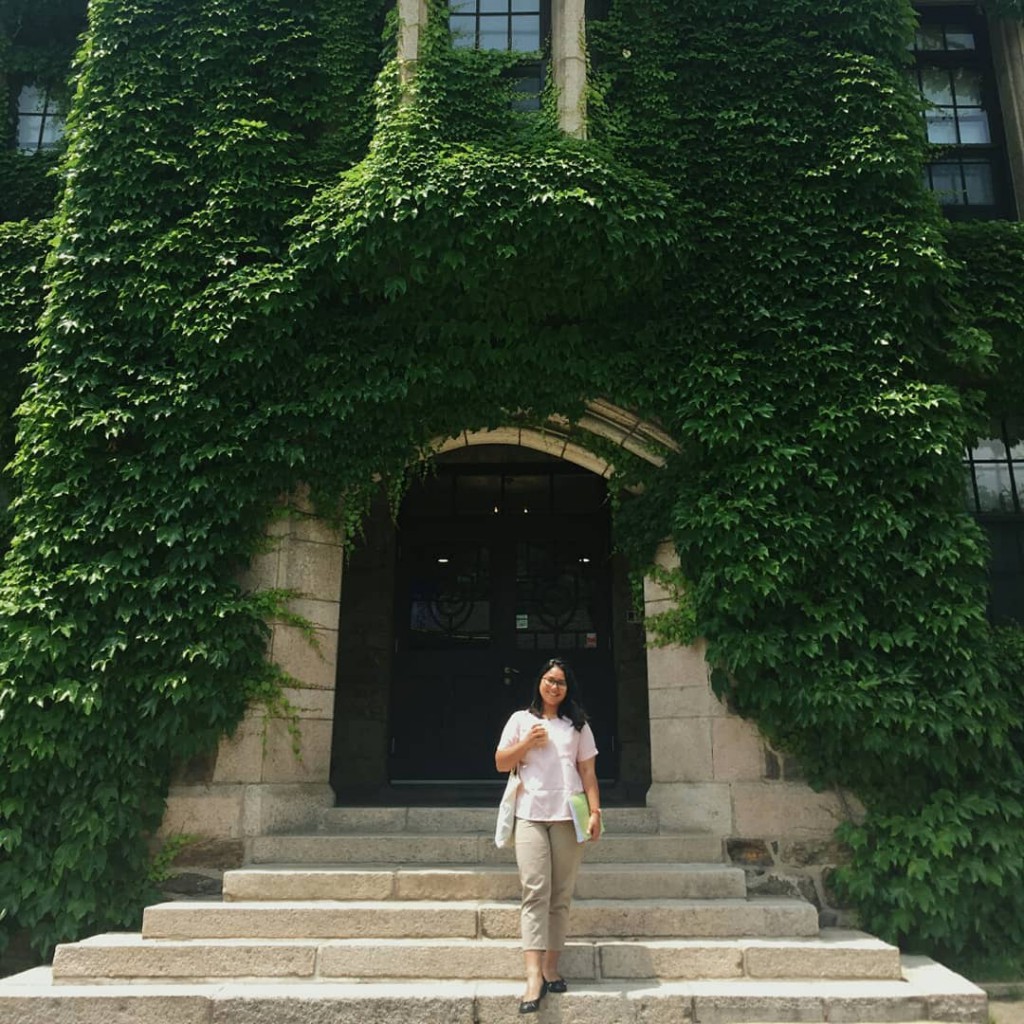
I brought a lot of questions with me and I want to have the answers after I finished the programme. Some of the questions will be answered later in life, but one thing for sure is that there will always be new questions until you die.
Anyway, I met a lot of new people there. My Indian roommate from Paris, for one, who was treating this programme for professional purposes. She wanted to learn about the language and gain network, which is okay because everyone has a goal, but she didn’t enjoy the process.
I can see the way she built experiences and friendships with less sincerity. She just wants to make as many networks as she can. She was also too tired from going to companies in South Korea to drop her CV, instead of just enjoying the moment or making lifetime friends. The more the better, that’s what she thought.
So I think what I learned is that I want to make lifetime friends and I want to invest. When you invest in something, maybe you won’t see the results directly. But it’s something you can see in the future.
I’m not the type of person who purposely finds friends. But when you come to me and there’s a lot of connection between us, that’s what I’d consider as friendship. So it’s not like, “Oh you’re from Japan? Well, I want to have friends in Japan. One in Japan, one in Singapore, one in Seoul. So, wherever I go, I can just call them up.”
I want to make friends because I can! I’m not unsociable, but it takes time for me to be friends with someone.
I believe that the people you encounter is not an accident. There’s always a reason why you meet someone. There are two reasons: for a relationship, which includes friendship, or an experience.
There are people we met whom we don’t connect, so it’s just for the experience. But when you connect with someone, it could be a relationship. And I think a relationship is two-sided, so if it’s one-sided then it’s just experience.
That’s why I don’t want to be friends with anybody. I want to be friends with people whom I actually connect with.
Q: Wow, that’s a lot of life lessons you just shared. I need a breath or two to soak that all in! But anyway, please give us one or two
A: I don’t want to control like, what people want to do or what people should do. But this is talking about the mindset, I hope that everybody, youngster, they have this kind of mindset that it’s okay to have your own pace. It’s okay to have rest without feeling guilty. It’s okay to regress in your own way. It’s also okay to not following the linear pattern that your parents always force you to. And then, I think the real freedom comes from that. That state of thinking.

Theresa is currently sharing her interesting thoughts about life on her social media and blog.
*ojek: personal motorbike transportation commonly found in Southeast Asian countries. Back in the days, people would get on to an ojek by visiting the nearest ojek base near their neighbourhood, but now they can order the ojek through mobile apps and the ojek driver will pick them up like taxis.


